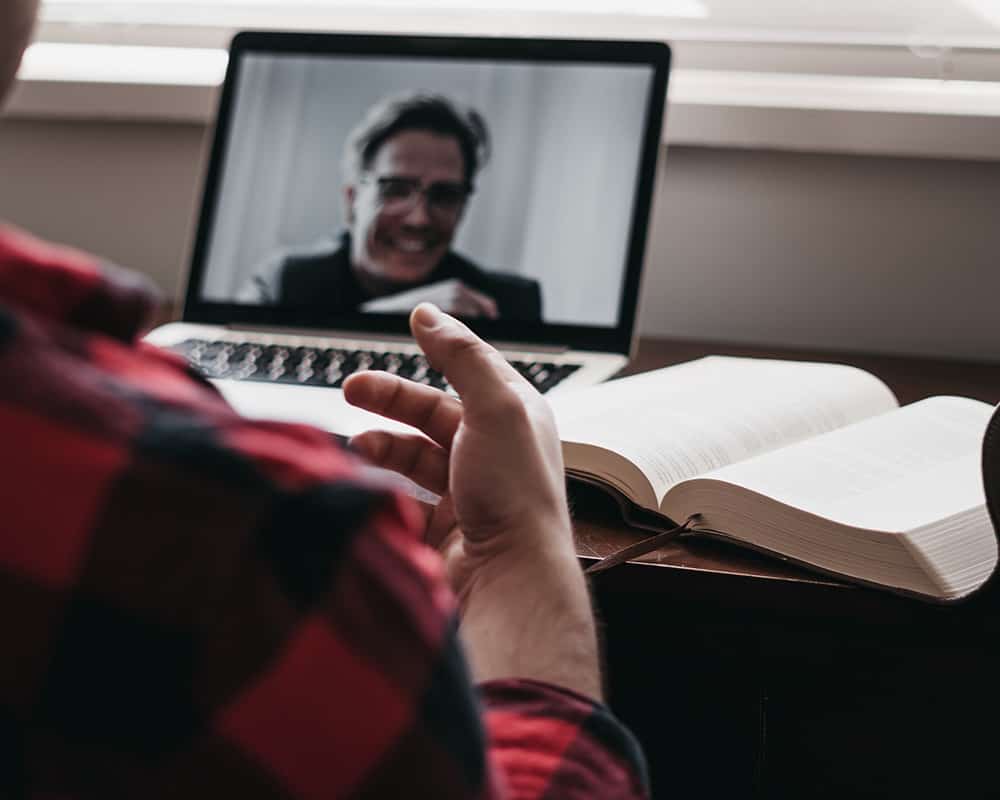Because of COVID-19, telepsychology services are widely utilized. The question is, does it work?
Yes, telepsychology works.
Even before the COVID-19 crisis, telepsychology services have been used and studied. For example, in 2018 the US Department of Veteran Affairs conducted several trials comparing PTSD interventions delivered in person versus those delivered through video conference and the two methods showed equivalent outcomes.
In a 2019 study, telepsychology services delivered over video link have been found to be effective for several concerns: depressive disorders, anxiety disorders, and adjustment disorders.
In a 2012 study of children and adolescents receiving services for substance use, eating disorders, and behavioral concerns, videoconferencing was found to be as effective as in person interventions.
Another evidence-based benefit is that clients continue to receive services through the completion of their therapy process, providing better outcomes for those patients. Conducting therapy over the phone, has also been found to be effective, however phone-based care has some challenges. When using phone-based care treatment outcome studies, both patients and providers tend to be more easily distracted by text messages, emails, or the desire to multitask.
Exclusively text-based telepsychology services are even more problematic. Texting is best used to reinforce gains made in telepsychology or to prompt clients to engaged in behaviors discussed in live (via telepsychology or in-person) sessions.
The bottom line, as indicated by Dr. David Moore at Northwestern University, is that when using a video conference service “telehealth is essentially just as effective as face-to-face psychotherapy and retention rates are higher.”
References:
Greenbaum, Z. (2020). Monitor on Psychology, 51, pgs 46 -51.
Slone, N.C. et al. (2012). Psychological Services, 9, no. 23.
Turgoose, D., et al. (2018) Journal of Telemedicine and Telecare, 24, no. 9.


